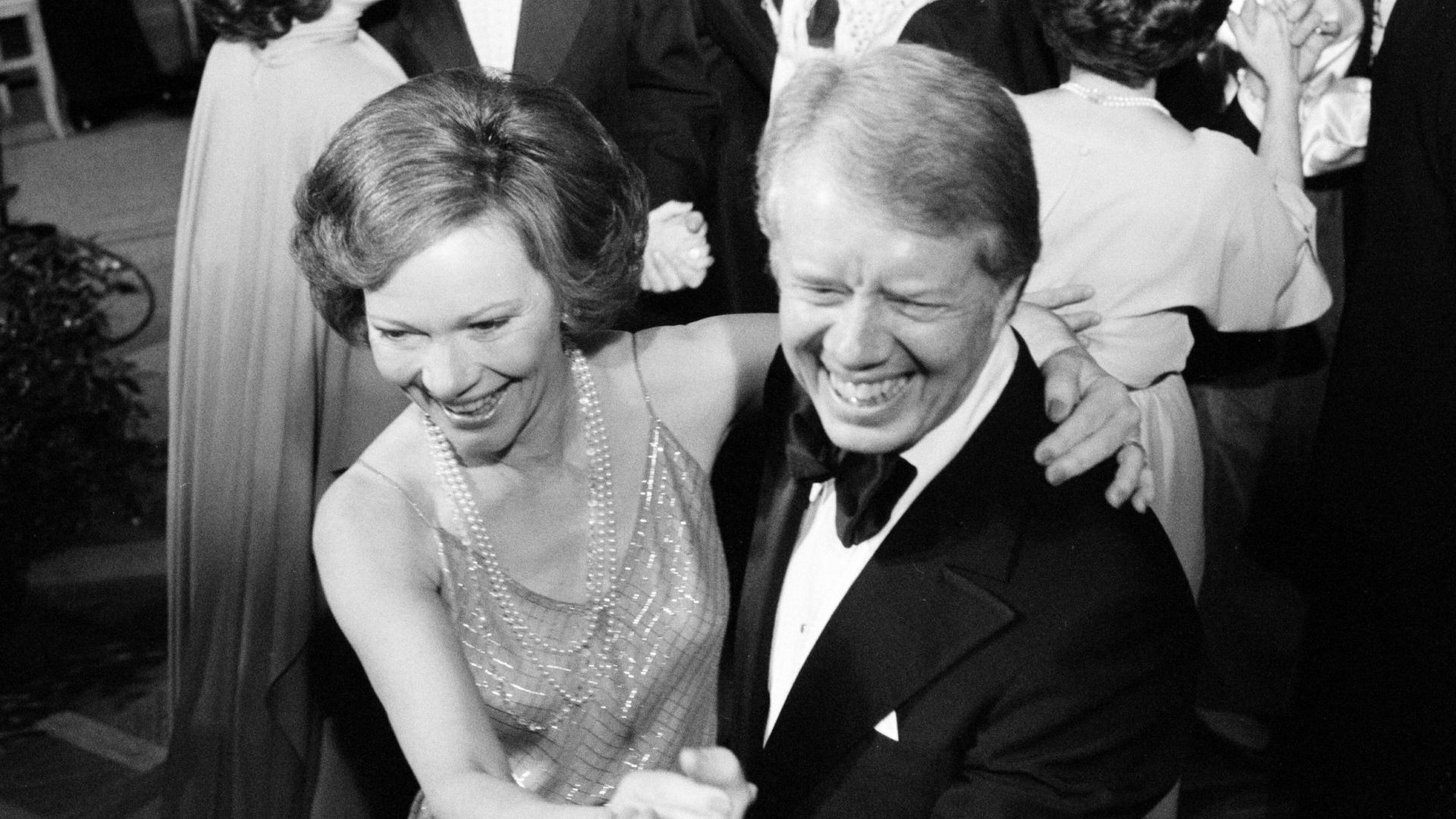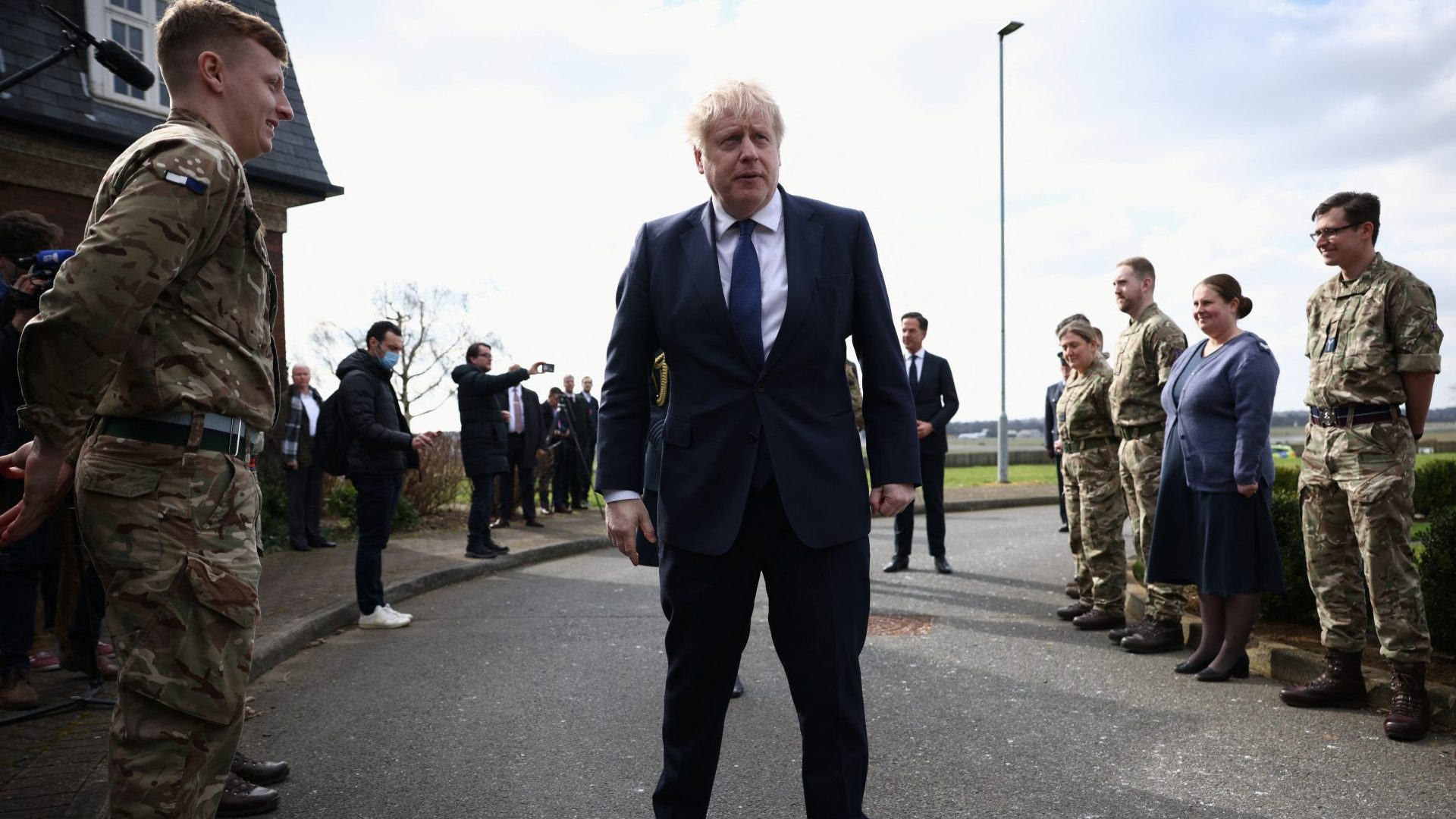The year that Jimmy Carter was elected president, 1976, was the bicentennial of the United States of America.
Gerald Ford, his opponent in the election, had been the disgraced Richard Nixon’s vice-president, the man who had pardoned the guy my generation called “Tricky Dick”. President Ford was lampooned every week on Saturday Night Live. The guy was a joke. Part of 1976 America, which was a mess. The nation had been defeated in Vietnam, and the recession of 1973-75 affected how everyone lived.
So Carter, this cornpone from Georgia and the sort of “gosh, gee” James Stewart vibe he exuded, felt somehow clean, noble, possible. The opposite of the moral quagmire of “Land of the Free and the Home of the Brave”.
On the day of Carter’s inauguration in 1977, it was Thelma Houston’s epic
disco cover of Harold Melvin & the Blue Notes’ Don’t Leave Me This Way which permeated the atmosphere as we partied in the discos and tried to figure out how to eat.
Jimmy Carter seemed calm and real. He is the only president in modern times to return to live in the house that he had before politics. It has two bedrooms and is what is called in the States a “rancher”. It is said to be worth
less than the Secret Service cars parked outside it.
Carter, who is related to Motown founder Berry Gordy through a shared white male ancestor, always understood that racism was America’s Original Sin. After becoming governor – he was what would be considered now a progressive on race – he declared in his first gubernatorial address that racism would be over on his watch.
Brought up in Georgia, one of the cauldrons of the Confederacy, Carter
understood defeat. Yet Ronald Reagan’s landslide in the 1980 presidential
election is rumoured to have plunged Carter into a deep depression, one sign of the complexity that he largely kept from view.
On the other hand, maybe it was just that the public generally refused to see
this complexity. It came shrouded in a southern accent which to many northern urbanites marked him out as a hick.
Reagan, the former screen actor and governor of California, contrasted the
Carter demeanour with a kind of California slick and showbiz panache.
The Iran hostage crisis which finished Carter off was predicted to happen, almost from the moment Carter allowed the deposed Shah to enter the US for hospitalisation in New York. The new Islamic regime had warned that there would be retaliation if this happened, but Jimmy let him in anyway. Because he saw it as the right thing to do for an ally.
I often think that the Ayatollah let the hostages go, just minutes after Carter
left the White House and Reagan was inaugurated, as a further humiliation.
He had already been humiliated in the debates after Reagan’s catchphrase,
“There he goes again” became a byword for the Man from Plains’ time in office.
There were no scandals to speak of during the Carter presidency, a great relief after the calamitous Nixon era. This may be one reason that he did not
get along with his fellow Southerner, Bill Clinton. Some down South say that
he was too much of a Yankee in Georgia to understand Clinton anyway.
The Carter Centre, founded in Atlanta by Carter and his wife Rosalynn after his defeat, was born to be a hub for conflict resolution, worldwide election monitoring and public health initiatives. And maybe it can be said that the last 40 odd years after he left the White House was what his life was really all about.
In spite of running for re-election in the midst of high petrol prices, and the
general cost of living; losing 44 states in the general election of 1980 to Ronald Reagan and being the first elected president to be refused a second term since 1932, his life as a statesman began after all of that.
Some say that had Carter died in 1982, for example, he would have been forgotten, written off as a failure.
Now he has a legacy. He won the Nobel Peace Prize in 2002 for his negotiations between Egypt and Israel in spite of the fact that at one point, it was believed, he leaned towards the Palestinian cause.
His Carter Centre has made great strides towards defeating Guinea worm, aka Dracunculiasis, a disease known to have been with the human species for 3,000 years.
Carter’s detractors say that he hurt organised labour and ushered in the
era of wealth consolidation which paved the way for the rise of Donald
Trump; that he ended FDR’s New Deal and that he made America a more
comfortable and easy place to get rich.
The upward rise of power in general is, some say, down to him. Americans
cannot sue airlines for safety violations, for example, because he signed a bill passed in 1978. He cut capital gains tax and, under what was called
“deregulation”, removed rules governing railroads, trucking, natural gas and banking.
Carter is a committed Christian and taught at a Baptist church in his home
town of Plains, Georgia, until he was diagnosed with melanoma, which he
beat. One of his friends is Willie Nelson, who got high in the White House with one of President Carter’s relatives – an event Carter has acknowledged took place. He is the author of 33 books and has helped renovate thousands of homes for the charity Habitat For Humanity. Historians rank him as a below-average president, but maybe that is not the point.
During his campaign for governor, Carter criticised Martin Luther King but, after he became governor, he changed his tune. He added more African Americans to the state payroll; he commissioned portraits of Dr King and two other civil rights leaders for the Georgia state capitol building. Yet he promoted busing. And the death penalty. He regrets supporting both.
Jimmy Carter is best summed up for me by an elderly African American woman I saw on TV, a lifelong resident of Plains, Georgia, Carter’s Ground
Zero. She is the kind of woman you address as “ma’am” and wait for her to
speak to you first. No matter how long that takes.
When asked her feelings about President Carter now having end-of-life hospice care in his home surrounded by his family, she took her time as she
stirred a pot and checked the contents. Then she took a breath and said: “He’s fine. He’s doin’ just fine.”




